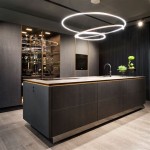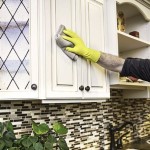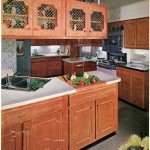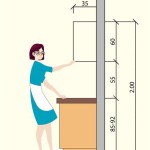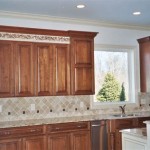What Is The Best Type Of Flooring For A Commercial Kitchen?
The type of flooring used in a commercial kitchen plays a crucial role in ensuring safety, hygiene, and durability. Several essential aspects must be considered when choosing the best flooring for this high-traffic, demanding environment.
This article delves into the essential aspects of selecting the optimal flooring for a commercial kitchen. We will explore factors such as durability, slip resistance, chemical resistance, and ease of maintenance, among others. Understanding these aspects will assist you in making an informed decision that meets the unique requirements of your commercial kitchen.
### Essential Aspects of Flooring for Commercial Kitchens1. Durability
Commercial kitchens experience heavy foot traffic, equipment movement, and frequent cleaning. Therefore, the flooring must be highly durable to withstand these rigorous conditions. Consider materials with high abrasion resistance, such as porcelain tile, epoxy flooring, or rubber flooring.
2. Slip Resistance
Slip-resistant flooring is paramount in a commercial kitchen to prevent accidents. Wet or greasy conditions can make the floor hazardous. Look for flooring materials that have a high coefficient of friction, such as textured porcelain tile, quarry tile, or non-slip epoxy flooring.
3. Chemical Resistance
Commercial kitchens use various chemicals for cleaning, sanitizing, and food preparation. The flooring should be resistant to these chemicals to prevent damage or degradation. Consider materials such as epoxy flooring, vinyl flooring, or acid-resistant porcelain tile.
4. Ease of Maintenance
Regular cleaning and maintenance are essential in commercial kitchens. Choose flooring materials that are easy to clean and disinfect. Non-porous materials like epoxy flooring or vinyl flooring are ideal as they do not absorb liquids or harbor bacteria.
5. Sanitation
Hygiene is critical in commercial kitchens. The flooring should contribute to maintaining a sanitary environment. Antibacterial flooring materials, such as antimicrobial epoxy flooring or vinyl flooring with antimicrobial additives, inhibit the growth of bacteria and other microorganisms.
6. Moisture Resistance
Commercial kitchens are prone to moisture from spills, leaks, and cleaning. The flooring should be moisture-resistant to prevent water damage or mold growth. Consider materials such as waterproof epoxy flooring, vinyl flooring, or moisture-resistant porcelain tile.
7. Comfort and Ergonomics
Kitchen staff spend long hours standing on the flooring. Choose materials that provide comfort and reduce fatigue. Rubber flooring, cork flooring, or cushioned vinyl flooring can help reduce the impact on joints and muscles.

Commercial Kitchen Flooring Best Floors For Kitchens

A Brief Guide To Commercial Kitchen Flooring Spectra Contract

Commercial Kitchen Flooring 5 Ideas For Your Restaurant

Stonhard What Are The Best Flooring Options For Commercial Kitchens

The Best Type Of Flooring For Your Commercial Kitchen Caterline

Commercial Kitchen Flooring 5 Ideas For Your Restaurant

How To Protect Your Commercial Kitchen Floor Ozburn Hessey

Best Flooring For A Restaurant Kitchen Lx Hausys

Restaurant Kitchen Flooring Options Mise Designs

Is The Best Solution For Commercial Kitchens Ssp Coatings
Related Posts

